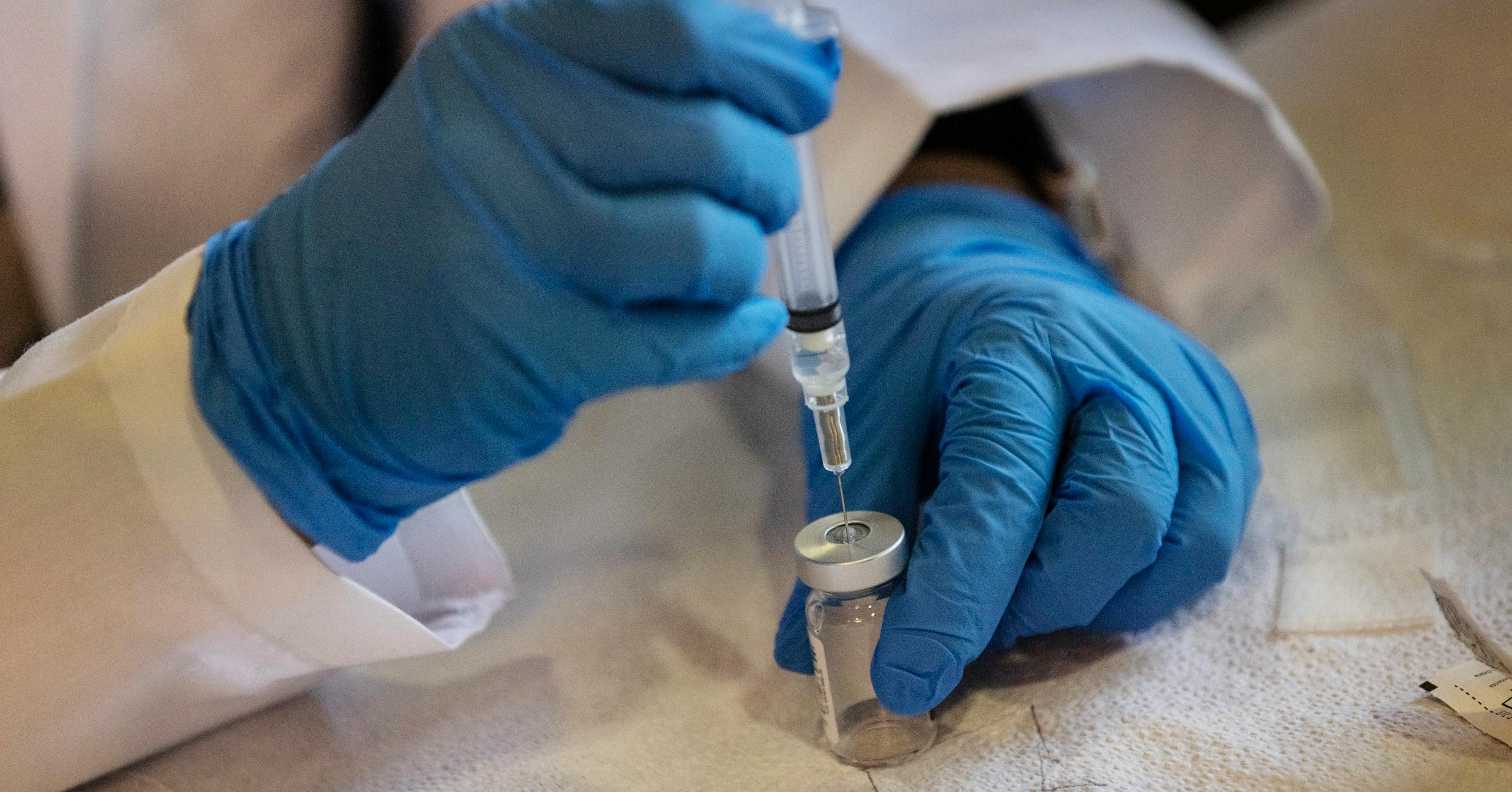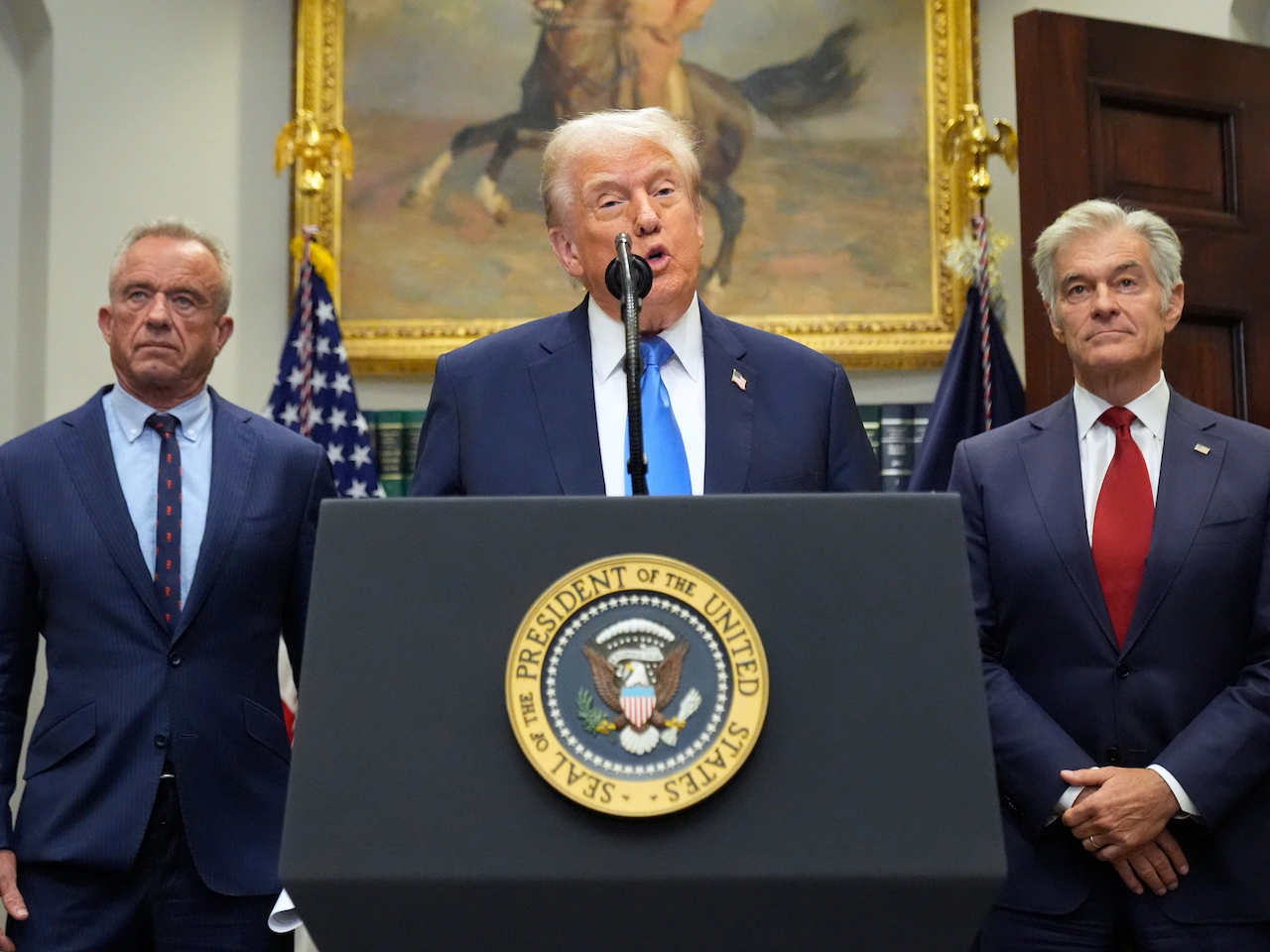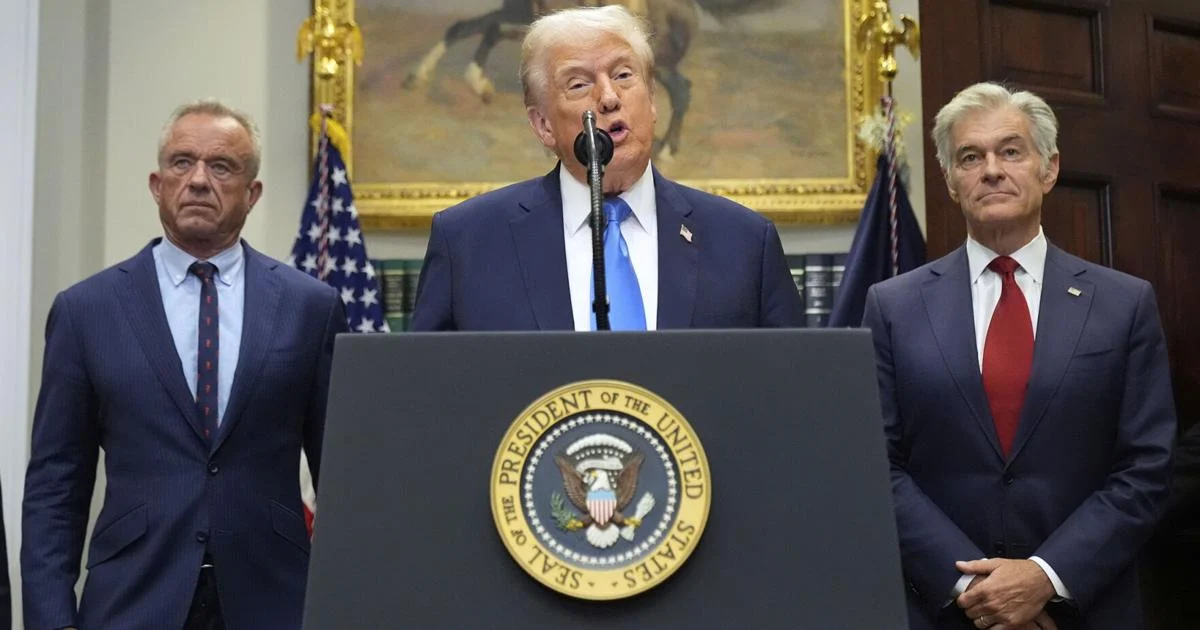
Even so, it’s shocking to hear his blunt new assessment of the strange and risk-filled medical moment we find ourselves. Late Friday, Osterholm had this to say about the Advisory Committee on Immunization Practices (ACIP), an influential and once widely respected group whose decisions shape vaccination guidelines and insurance coverage:
Osterholm’s dismissal is stunning and came after the conclusion of the most recent ACIP meeting, held Sept. 18 and 19. The vaccine group advises the U.S. Centers for Disease Control and Prevention (CDC) and its director, who then decides whether to accept the recommendations, a decision that drives insurance coverage of vaccinations, among other things.
“Hijacked” is a strong word but warranted. In June, the U.S. Secretary of Health and Human Services Robert F. Kennedy Jr., removed all 17 ACIP members. The firings are highly problematic. Kennedy’s vaccination beliefs run contrary to medical consensus. Skepticism is in order about his replacement picks.
As Osterholm warns, the federal government’s public health infrastructure has a serious credibility crisis. A controversial presidential announcement Monday relying on insufficient evidence to link acetaminophen to autism deepens concerns. So does the recent congressional testimony by the CDC’s ousted head, Dr. Susan Monarez. She told the U.S. Senate Committee on Health, Education, Labor and Pensions that she lost her job because she would not give “blanket approval” to RFK Jr. to change vaccination recommendations.
RFK Jr.’s restructured ACIP met last week. The proceedings were messy and disturbingly strayed from the scientific frameworks that have guided committee members in the past. Some members also dismissed high-quality scientific evidence while embracing unverified data.
The end result, thankfully, was not as bad as it could have been, but that’s little comfort. The committee tabled what would have been a harmful vote to delay the hepatitis B vaccine for newborns. But it did take steps to limit recommended use of a combined shot immunizing against measles, mumps, rubella and varicella (chickenpox). It also created confusion around who should get the COVID-19 booster and raised questions about whether pharmacists can administer it.
Fortunately, a public health system immune response is alive and well in Minnesota and across the nation. I’ve written previously about the Vaccine Integrity Project spearheaded by Osterholm that has gathered and vetted research findings. Leading medical professional societies have relied on that work to issue their own vaccination recommendations as trust wanes in the ACIP and CDC.
Bolstering this is a Sept. 16 announcement from the nation’s health insurance trade group. In a statement, America’s Health Insurance Plans said that insurers “will continue to cover all ACIP-recommended immunizations that were recommended as of Sept. 1, 2025, including updated formulations of the COVID-19 and influenza vaccines, with no cost-sharing for patients through the end of 2026.”
While I’ve often been a critic of health insurers’ profit margins and practices such as prior authorization, I applaud the organization’s willingness to step into controversy and wield its considerable clout. The action taken, though temporary, will help ensure that immunizations remain affordable, a step that also helps control insurance premiums by keeping people healthy.
To be sure, the complex state and federal regulations governing health insurance may mean there are coverage exceptions, so it’s always a good idea to check with your plan about continued immunization coverage. But a statement provided Tuesday by the Minnesota Council of Health Plans inspires confidence that coverage will continue unchanged for many Minnesotans.
The council represents six large nonprofit health insurers in the state and covers 4.5 million people. A spokesman told me Wednesday that none of them plan any vaccination coverage changes, which reflects well on them. The council also deserves praise for its Healthy Newborn social media campaign that ran from May 22 to July 31.
At a time when government elites are actively undermining vaccine confidence, the council-led campaign raised awareness about vaccines’ importance and took the responsible step of encouraging parents to rely on their medical provider’s guidance, a well-timed contribution to Minnesotans’ good health.
The Minnesota Department of Health (MDH) merits praise as well. On Monday, in what it described as a “departure” from relying primarily on federal vaccine guidelines, MDH said it is “endorsing” the broader COVID-19 vaccine recommendations from professional medical associations (example: the American Academy of Pediatrics) for the upcoming respiratory virus season.
“MDH is encouraging the public and providers to look to these recommendations for the best science-based guidance on immunizations at this time,” the statement said.
MDH also took steps to empower pharmacists to “offer COVID-19 vaccination broadly.” That’s smart considering pharmacies are where about half of COVID shots are administered in Minnesota, according to MDH data. The move comes after a Sept. 8 executive order from Gov. Tim Walz calling on the state to support vaccine access and accurate information.
While some western states have banded together to issue their own vaccination guidelines for COVID-19 and other respiratory viruses, Minnesota so far hasn’t pursued this. That should still be considered as an option, however.
One legislator, state Sen. Matt Klein, DFL-Mendota Heights, has offered up an alternative. He has called for a Minnesota science-based health care commission staffed with state experts that would recommend immunization best practices. Klein is also interested in measures to codify vaccine coverage and strengthen pharmacy access.
The legislation would provide a “belt and suspenders” approach to the MDH actions, providing backup protection if necessary, Klein told me Monday, adding that he’s hopeful he can find Republican partners on this.
“I just think we’re losing rapidly a generation of knowledge and wisdom about health care in this country,” he said. To fill that gap, “it’s going to be up to states like Minnesota.”



